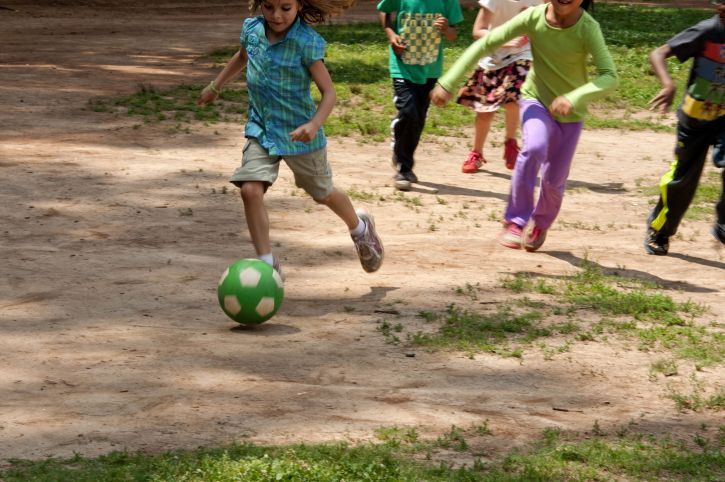Children from vulnerable neighbourhoods play less football, tennis and other activities at sports clubs than their peers.
A telephone survey of housing authorities carried out by national broadcaster DR – which included socially-stressed neighbourhoods like Tingbjerg, Tåstrupgård or Askerød – revealed that families often simply cannot afford to get their kids into sports.
“There are a lot of children and young people who very much want to go to a leisure activity, but their parents cannot afford to pay for the fee or equipment,” Birgitte Degnegård, the head of social initiatives at Tingbjerg, told DR.
“Something like football requires shoes, shin-guards and other gear,” she said.
READ MORE: New programmes for at-risk kids – but the budget remains the same
More than a game
Degnegård worries the absence of kids from local sports makes it harder for them to develop social skills and networks.
“For example, there is a voluntary cricket club in Tingbjerg, and I can see that the young people who play develop a sense of unity and it helps to keep them off the streets,” she said.















